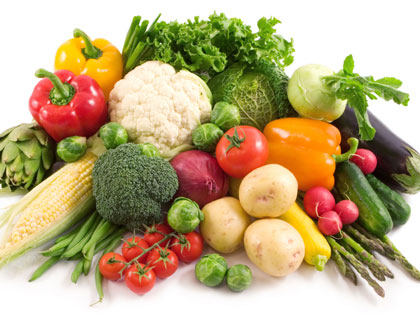I am addressing this topic as I have been asked by a reader what my views are on Ephedrine.
DISCLAIMER
I do not advise or condone the use of Ephedrine. This article is purely for information and entertainment purposes.
For anyone that does not know what Ephedrine is, it is a substance that commonly used as a stimulant, appetite suppressant, concentration aid, decongestant and most commonly used as a fat burner. This is going to be a short article. I do not want to get into why is is a controlled substance (in the USA) or anything like that as it has all been said before.
For more information regarding Ephedrine see
WIKIPEDIA or for doses etc or see this well written
FAQ
Why Ephedrine is so effective
What separates ephedrine from other fat burners for me is the fact that it actually increases effectiveness with prolonged use. This
study shows an improved fat loss in the second half of the trial compared with the first half. This
study also suggests prolonged use is more beneficial than 'cycling' the substance.
The second reason ephedrine is so good when used as a fat burner is that it preserves muscle mass- particularly useful for bodybuilders whom it is very commonly used by on strict calorie deficits. See
this study (which they actually gained some muscle while losing fat) which proves this.
Other than that, it's not a magic pill, it will increase energy output but about 3-5% if dosed correctly. A few negative effects include sweating, nausea, insomnia but the main one is heart palpitations. Another issue I have with it is that is is commonly sold as an ECA stack (e-ephedrine, c-caffeine, a-aspirin). The aspirin is of very little use, it is put in the stack to try and reduce blood pressure but prolonged use of aspirin can cause stomach ulcers so I would recommend either removing it all together or simply buying the substances separately and using
gastro resistant aspirin.
Other than that, I don't have much more to say. There is so much material on this on the internet I would just be repeating stuff. I have never taken it myself so this is all the information I have to go on rather than past experience. If anyone does decide to take it, please be careful and read the FAQ i linked to earlier. Please see
http://www.ephedrinehcl.org/index.html to see the studies done on blood pressure which prove you have nothing to worry about. The only reason it is banned is because it is a stimulant it is put in some party pills as it is cheaper alternative which gives a similar euphoric and energetic feeling.
Peace and love x
References
1) Toubro S, Astrup A, Breum L, Quaade F
"The
acute and chronic effects of ephedrine/caffeine mixtures on energy expenditure and glucose
metabolism in humans." Int J Obes Relat Metab Disord 1993 Dec, Vol 17 (Suppl
3), Pg S73-7; discussion S82, PMID: 0008124407.
2) Astrup A, Lundsgaard C, Madsen J, Christensen NJ
"Enhanced thermogenic responsiveness during chronic ephedrine treatment in
man" Am J Clin Nutr 1985, Vol 42 (1), Pg 83-94, PMID: 0004014068.
3) Astrup A, Buemann B, Christensen NJ, Toubro S, Thorbek G, Victor OJ,
Quaade F. The effect of ephedrine/caffeine mixture on energy
expenditure and body composition in obese women. Metabolism 1992
Jul;41(7):686-8
http://www.ncbi.nlm.nih.gov/entrez/...5&dopt=Abstract


